Thirty-five years ago today, China’s leaders ordered tanks into Tiananmen Square to disperse a student encampment. The death toll was never made public; it is likely that several thousand people were killed.
June 4, 1989 planted the seeds of a much darker, more complicated world than we in the West cared to fathom
The brutal suppression of the pro-democracy protesters came as a shock and was an aberration. After the fall of the Berlin wall, communist regimes toppled one after another, mostly peacefully. Only Tiananmen spoiled the celebratory mood.
June 4, 1989 planted the seeds of a much darker, more complicated world than we in the West cared to fathom. Beijing waited, and learned, and gathered strength. It first emerged as the world’s workshop. But it was only a matter of time before it made its bid to reshape the world.
One man who understood China’s potential earlier than most was Mikhail Gorbachev. He traveled to China just days before the horrific blood-letting on Tiananmen Square, for the first bilateral summit between China and the Soviet Union in thirty years. As China’s ailing leader Deng Xiaoping told him, it was time to “close the past and open the future.” Gorby agreed: he wanted to turn the page on Moscow’s quarrel with China that had kept the two countries at the brink of war for a generation.
Gorbachev was sympathetic to the plight of the protesting students, but he rejected their request for a meeting. Nor did he condemn the crackdown (though many in the West did). China’s democratic future was not his business, Gorbachev thought. His business was to mend fences.
In fact, he thought China’s post-Tiananmen isolation was an opportunity to forge closer ties. “They [the Chinese] were grateful for our measured response,” Gorbachev told the youthful Indian prime minister Rajiv Gandhi just weeks after Tiananmen Square. “And, perhaps, now they will value more their relations with us and with you.”
He then told Gandhi how he wanted to build a triangle between Moscow, Beijing and New Delhi. It was not an idle thought. Gorbachev knew that the Cold War was lost. The Soviet Empire was beginning to fall apart. But here was an opportunity to pivot to what we would later call the Global South, especially China and India. “Perhaps now is that exact moment.”
But the Chinese Communist Party leadership were deeply suspicious of Gorbachev. Deng privately called him an “idiot” for prioritizing democratization over economic reforms. China’s Prime Minister Li Peng — one of Tiananmen’s hardliners — predicted that Gorbachev’s experimentation would lead to the break-up of the USSR: and then “it will no longer be a great power.”
Some believed that China would welcome the break-up of the Soviet Union. After all, the two countries were the bitterest of enemies for nearly thirty years, and even fought a brief, undeclared border war in 1969. But in August 1991, Beijing welcomed the reactionary coup attempt that aimed to preserve the USSR. It even reached out to the coup plotters. But the coup failed, and soon the Soviet Union itself collapsed, leaving in its wake a colorful assembly of independent nations.
The reason the Chinese were so keen on keeping their old foe afloat was that they understood a Soviet meltdown would change the very character of the international system, leaving America in charge. From Beijing’s perspective, it was not a comfortable place to be.
The Chinese leaders accepted the inevitable — not that they had any choice. But they grasped the first opportunity to reach out to Boris Yeltsin, still then ostensibly a democrat. Deng’s successor Jiang Zemin would soon become a frequent guest in Russia, singing “Moscow Nights” and bear-hugging Russian officials. The world was having its unilateral moment. But a quiet realignment was already under way.
Mikhail Gorbachev spent those years in quiet retirement. The Chinese never called him back to Beijing. They would later vilify the father of perestroika as a traitor to the communist cause.
When I last saw him — some years before his death — Gorbachev recalled his maiden voyage to China with a note of wistfulness. I looked past him, at the wall of his office, and read the Chinese calligraphy, lines from the Tang dynasty poet Zhang Ji:
Moon’s down, raven’s caw, and the frost-filling skies,
River maples, fishing lights, and the sleep of eternal gloom.
He still thought he did the right thing when he refused to condemn China for Tiananmen.
Or, as he put it just months after the events, when told that 3,000 students had been massacred: “We must be realists. They, like us, have to hold on. Three thousand… So what?”
Of course, in the end Gorbachev chose not to hold on and the Soviet Union collapsed. History moved on, and it is now Putin who bear-hugs Xi Jinping, whom he calls a “comrade.” China, meanwhile, is keeping Russia afloat by supplying it with critical technologies and consumer goods. In August 1991 Beijing was too weak to prevent the collapse of the USSR. Today, Xi looks on approvingly as Putin tries to salvage what pieces he can from that old wreck. Today, China can extend a helping hand — and it has.
Hundreds of thousands have perished already in Putin’s brutal attempt to conquer Ukraine and upend the world order. But you can almost hear the Chinese leaders quietly mutter to themselves: “They, like us, have to hold on. Hundreds of thousands… So what?”
This article was originally published on The Spectator’s UK website.



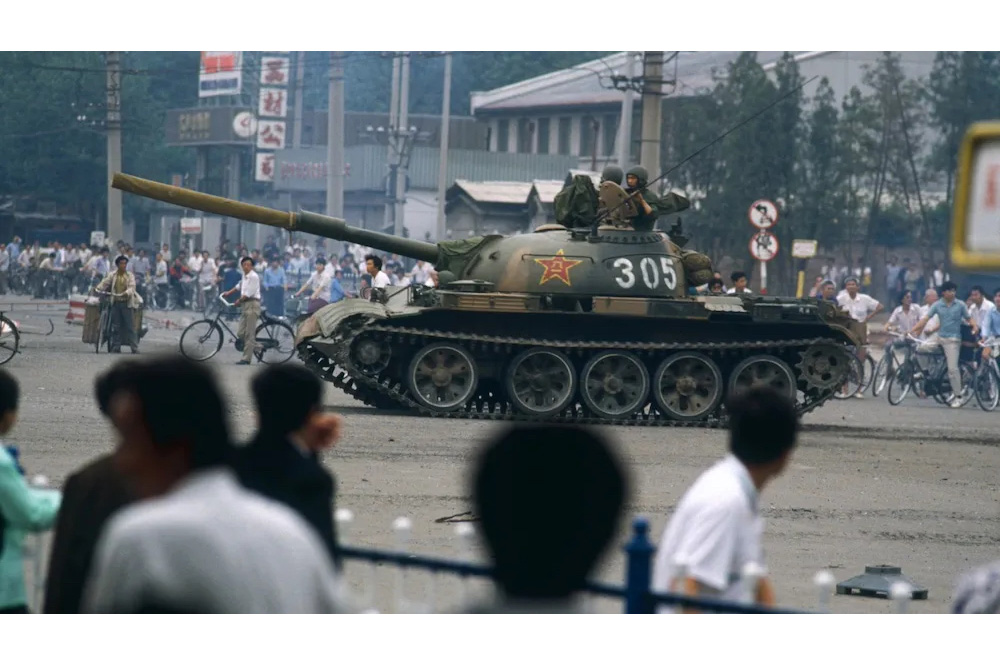







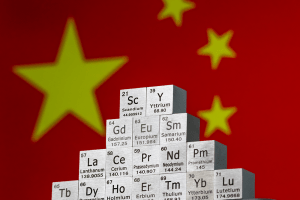

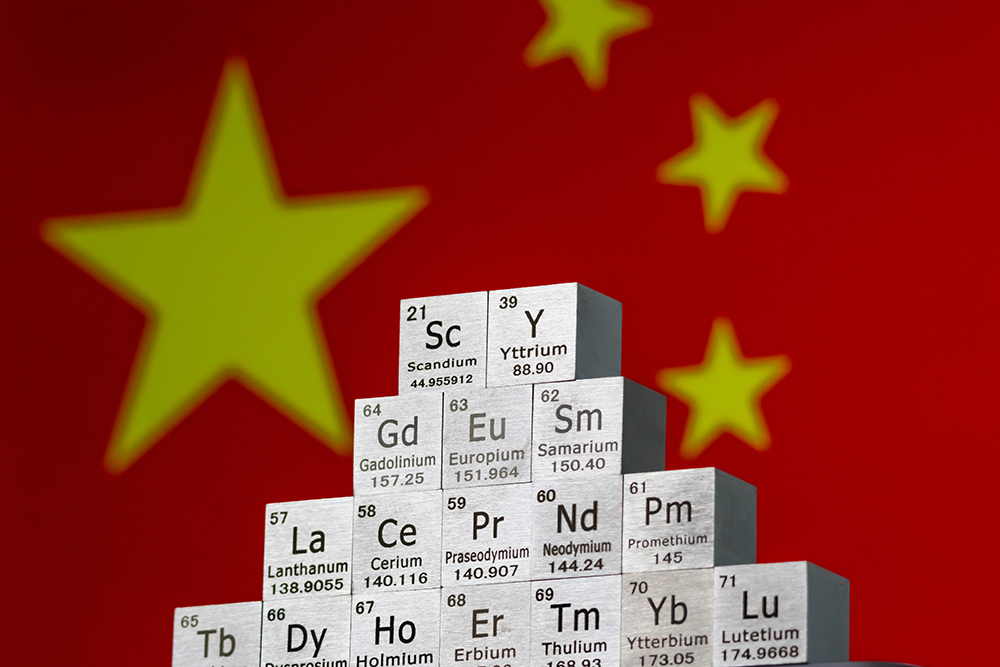
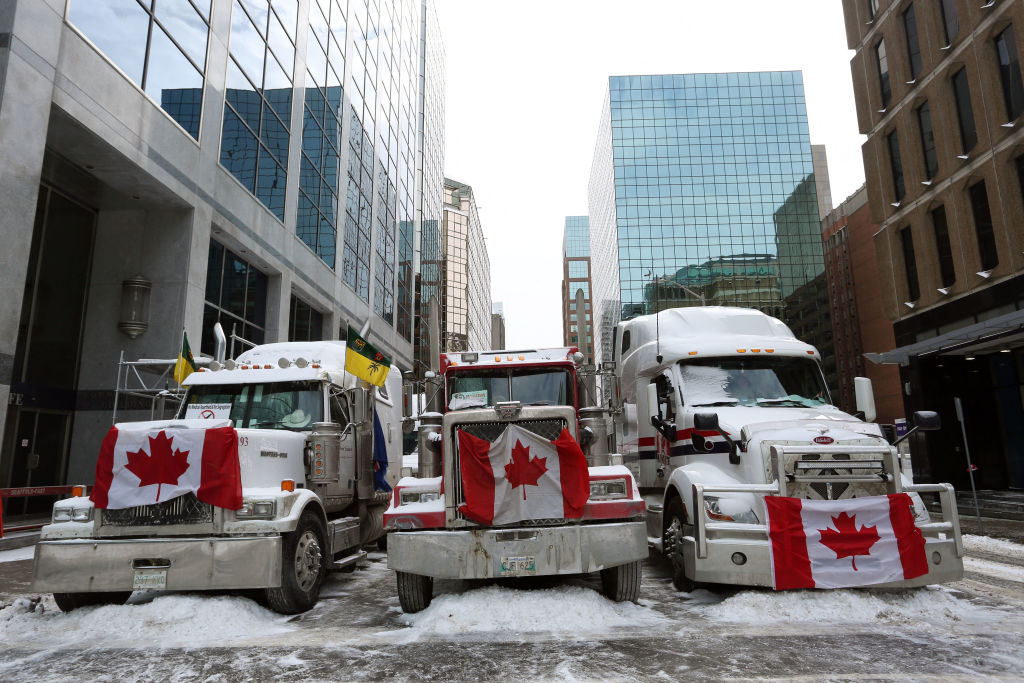
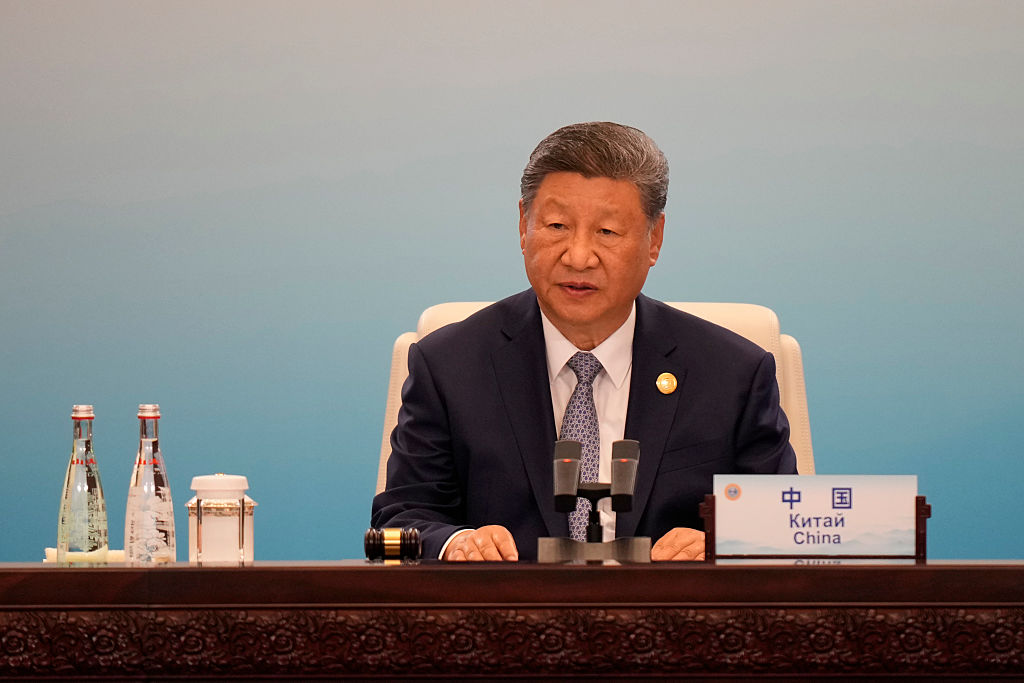
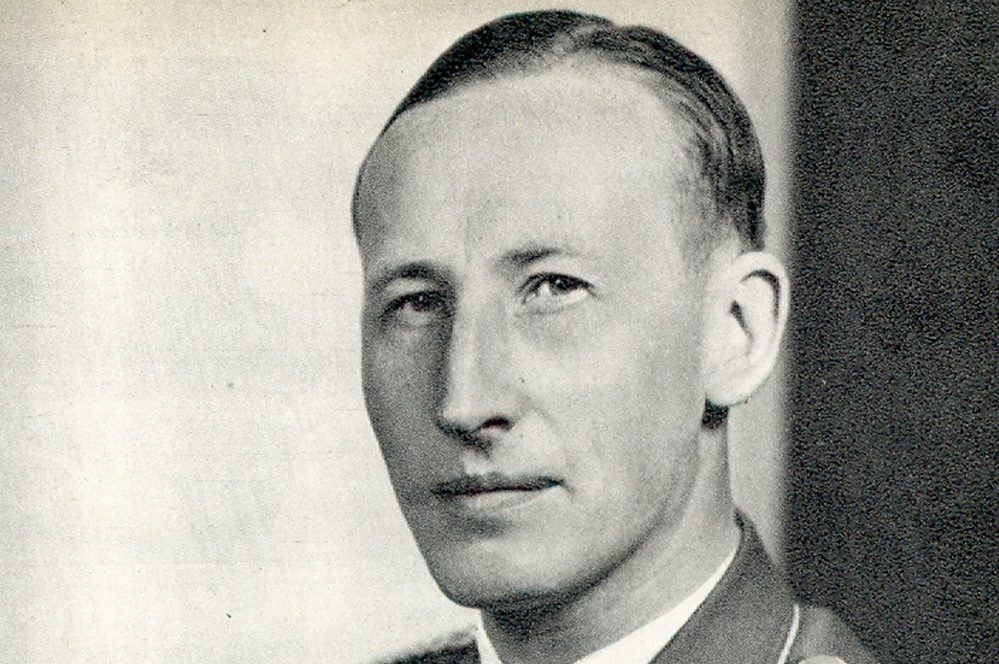

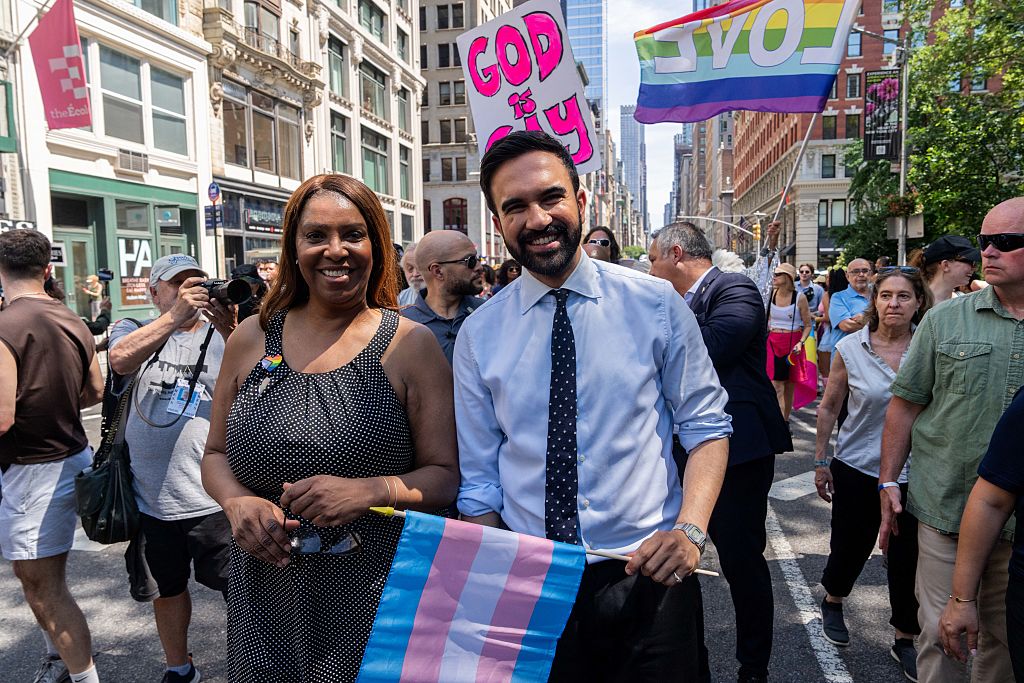







Leave a Reply